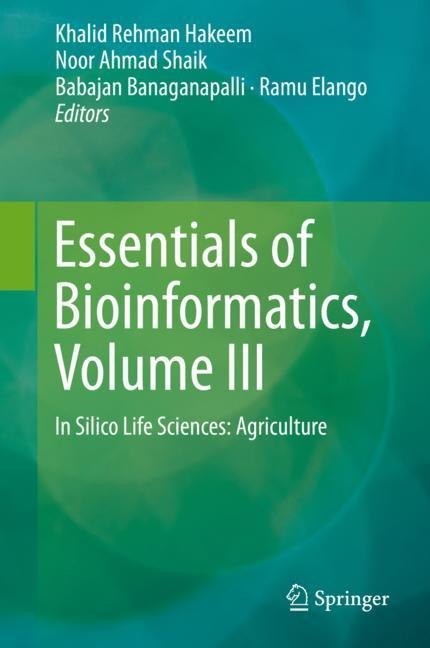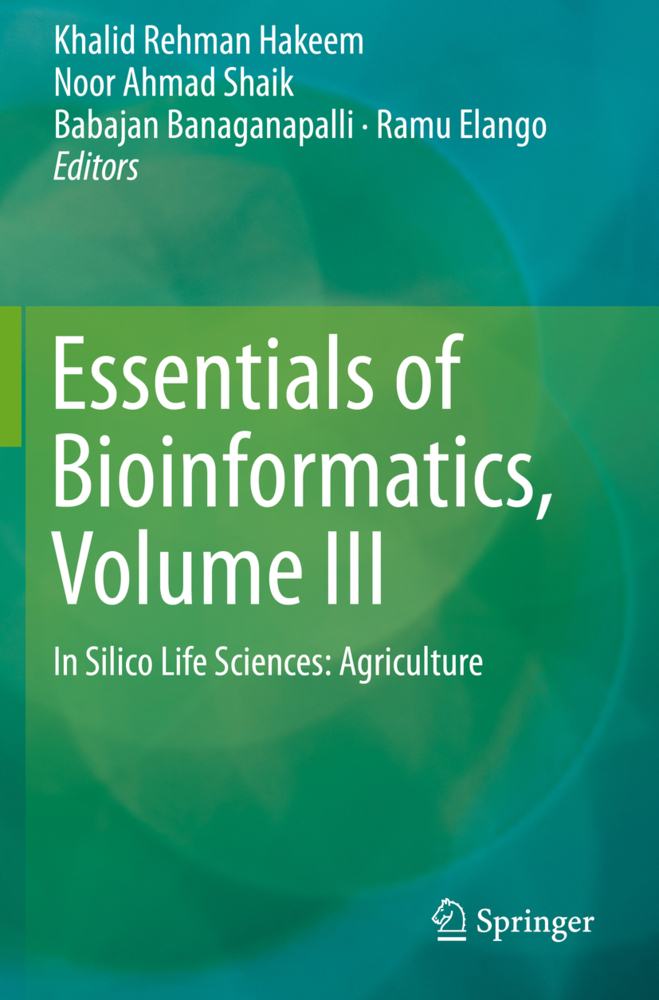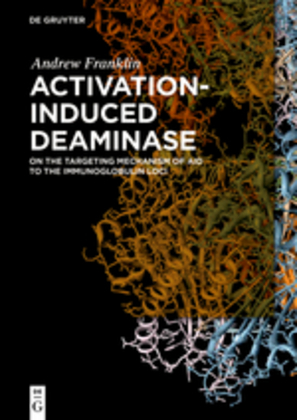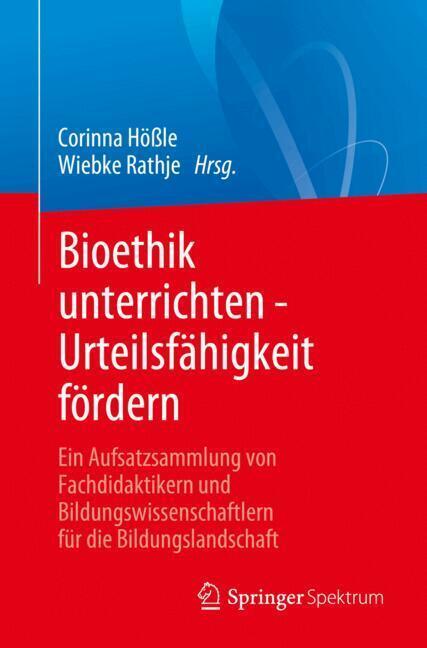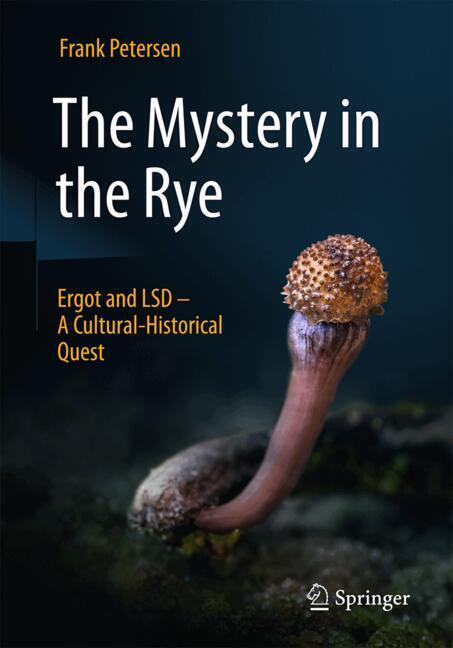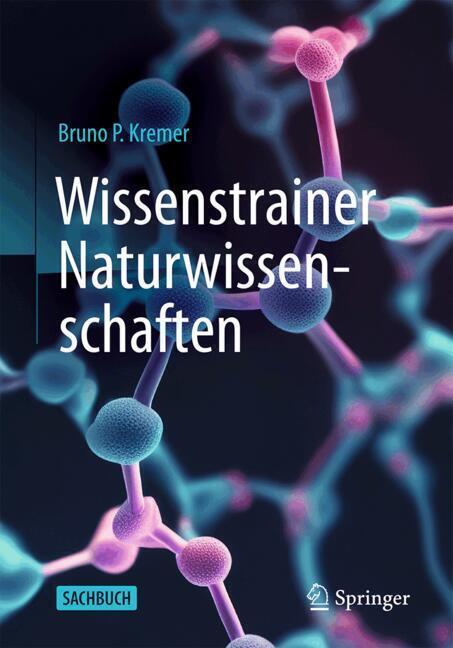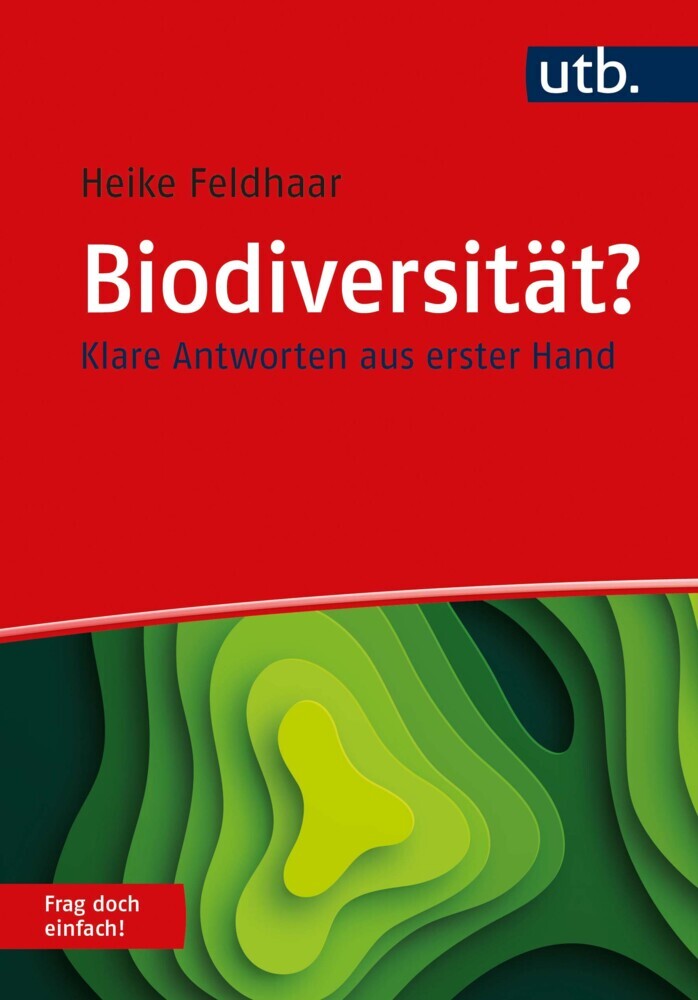Essentials of Bioinformatics, Volume III
Bioinformatics is an integrative field of computer science, genetics, genomics, proteomics, and statistics, which has undoubtedly revolutionized the study of biology and medicine in past decades. It mainly assists in modeling, predicting and interpreting large multidimensional biological data by utilizing advanced computational methods. Despite its enormous potential, bioinformatics is not widely integrated into the academic curriculum as most life science students and researchers are still not equipped with the necessary knowledge to take advantage of this powerful tool. Hence, the primary purpose of our book is to supplement this unmet need by providing an easily accessible platform for students and researchers starting their career in life sciences. This book aims to avoid sophisticated computational algorithms and programming. Instead, it will mostly focus on simple DIY analysis and interpretation of biological data with personal computers. Our belief is that once the beginners acquire these basic skillsets, they will be able to handle most of the bioinformatics tools for their research work and to better understand their experimental outcomes.
The third volume is titled In Silico Life Sciences: Agriculture. It focuses on plant genetic, genomic, transcriptomic, proteomic and metabolomics data. Using examples of new crop diseases-emergence, crop productivity and biotic/abiotic stress tolerance, this book illustrates how bioinformatics can be an integral components of modern day plant science research.
Khalid Rehman Hakeem, PhD is Associate Professor at King Abdulaziz University, Jeddah, Saudi Arabia. After completing his doctorate (Botany; specialization in Plant Eco-physiology and Molecular Biology) from Jamia Hamdard, New Delhi, India, in 2011, he worked as a lecturer at the University of Kashmir, Srinagar, for a short period. Later, he joined Universiti Putra Malaysia, Selangor, Malaysia, and worked there as Post Doctorate Fellow in 2012 and Fellow Researcher (Associate Prof.) from 2013 to 2016. Dr. Hakeem has more than 10 years of teaching About the Editors and research experience in plant eco-physiology, biotechnology and molecular biology, medicinal plant research, plant-microbe-soil interactions as well as in environmental studies. He is the recipient of several fellowships at both national and international levels; also, he has served as the visiting scientist at Jinan University, Guangzhou, China. Currently, he is involved with a number of international research projects with different government organizations.
So far, Dr. Hakeem has authored and edited more than 35 books with international publishers, including Springer Nature, Academic Press (Elsevier), and CRC Press. He also has to his credit more than 80 research publications in peer-reviewed international journals and 55 book chapters in edited volumes with international publishers.
At present, Dr. Hakeem serves as an editorial board member and reviewer of several high-impact international scientific journals from Elsevier, Springer Nature, Taylor and Francis, Cambridge, and John Wiley Publishers. He is included in the advisory board of Cambridge Scholars Publishing, UK. He is also a fellow of Plantae group of the American Society of Plant Biologists, member of the World Academy of Sciences, member of the International Society for Development and Sustainability, Japan, and member of Asian Federation of Biotechnology, Korea. Dr. Hakeem has been listed in Marquis Who's Who in the World, since 2014-2019. Currently, Dr. Hakeem is engaged in studying the plant processes at eco-physiological as well as molecular levels.Noor Ahmad Shaik is an academician, researcher and technologist working in the field Human Molecular Genetics. Over the last 15 years, he has been working with different research groups whose fundamental focus is to offer genetic disease diagnostics, management and therapy. He is interested in discovering the novel causal genes/biomarkers for rare hereditary disorders and to understand the effect of mutations on structure and function of causal proteins of human diseases. He has already published 42 research publications in reputed international journals of human genetics and bioinformatics. He is currently working to improve the current mutation prediction methods through integrative computational algorithms, so that clinicians and scientists can better understand the functional relevance of genetic mutations to disease. He has been a recipient of several research grants from national and international funding agencies. He is currently rendering his editorial services to world-renowned journals like Frontiers in Pediatrics and Frontiers in Genetic Disorders.
Dr. Babajan Banaganapalli (PhD) works as bioinformatics research faculty at King Abdulaziz University. He initiated and successfully running the interdisciplinary Bioinformatics program from 2014 to till-to date in King Abdulaziz University. He has more than 12 years of research experience in bioinformatics. His research interest spread across as genomics, proteomics and drug discovery for complex diseases. He published more than 40 journal articles, conferences papers and book chapters. He has also served in numerous conference program committees, organized several bioinformatics workshops, trainings programs and act as editor and reviewer for various international genetics/bioinformatics journals. Recently he was honored as young scientist for his outstanding research in bioinformatics by Venus International Research Foundation, India.
Dr Ramu Elango (PhD) is a well experienced molecular geneticist and computational biologist with extensive experience at MIT, Cambridge, USA and GlaxoSmithKline R&D, UK, after completing his Ph.D. in Human Genetics at All India Institute of Medical Sciences, New Delhi, India. At GlaxoSmithKline, he contributed extensively in many disease areas of interest in identifying novel causal genes and tractable drug targets. Dr Ramu Elango presently heads the Research & Laboratories at the Princess Al-Jawhara Center of Excellence in Research of Hereditary Disorders, King Abdulaziz University. His research focus is on genetics and genomics of complex and polygenic diseases. His team exploits freely available large scale genetic and genomic data with bioinformatics tools to identify the risk factors or candidate causal genes for many complex diseases.
Hakeem, Khalid Rehman
Shaik, Noor Ahmad
Banaganapalli, Babajan
Elango, Ramu
| ISBN | 9783030193188 |
|---|---|
| Artikelnummer | 9783030193188 |
| Medientyp | E-Book - PDF |
| Copyrightjahr | 2019 |
| Verlag | Springer-Verlag |
| Umfang | 218 Seiten |
| Sprache | Englisch |
| Kopierschutz | Digitales Wasserzeichen |

